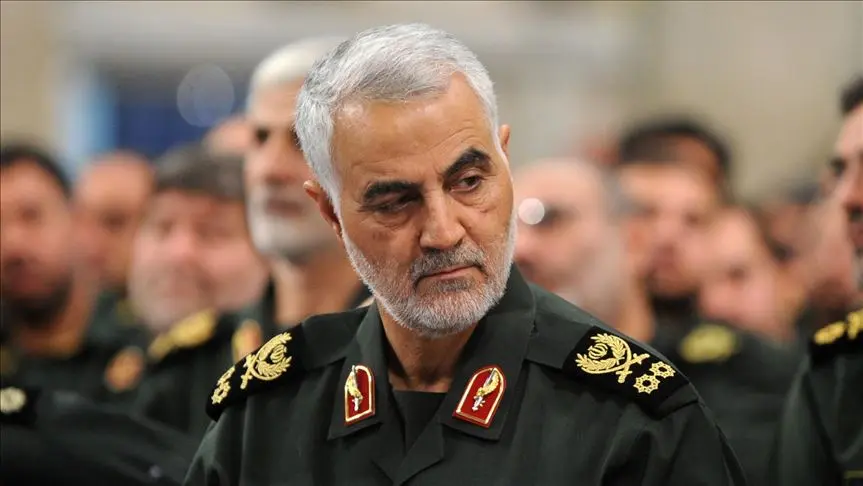The judiciary announced on Wednesday that a Tehran court has issued a directive ordering the US government to pay close to $50 billion in damages for the killing of a prominent Iranian general almost four years ago.
Then-US President Donald Trump, on January 3, 2020, sanctioned a drone strike near Baghdad airport, resulting in the death of General Qasem Soleimani, 62, and his Iraqi associate Abu Mahdi al-Muhandis.
Shortly after that, Iran retaliated by firing missiles at bases in Iraq that housed American and other coalition troops. Although no US personnel lost their lives, Washington acknowledged that dozens sustained traumatic brain injuries.
The Mizan Online news agency of the Iranian judiciary stated that a Tehran court has issued a verdict mandating the US government to pay $49.7 billion in “material, moral, and punitive damages” following a lawsuit filed by over 3,300 Iranians.
Mizan stated that the court, in its findings, declared 42 individuals and entities guilty, a list that includes Trump, the US government, former Secretary of State Mike Pompeo, and former Defense Secretary Mark Esper.
Soleimani served as the head of the Quds Force, the branch responsible for foreign operations within the Islamic Revolutionary Guard Corps.
Renowned as a national icon, he rose to fame as a hero in the Iran-Iraq war of 1980-88, while simultaneously steering Iran’s Middle East endeavours. In a series of legal decisions, Iranian courts have ruled against the United States.
Read also: Iran Seeks Lasting Truce To Halt Israeli ‘Crimes’ In Gaza
Last month an Iranian court ordered the US government to pay $420 million in compensation to victims of an abortive 1980 operation to free hostages held at the US embassy.
In August, a Tehran court demanded Washington pay $330 million in damages for “planning a coup” in 1980 against the fledgling Islamic republic.
Those suits follow a series of multi-billion-dollar compensation rulings against Tehran by US courts.
The US Supreme Court’s 2016 decision mandated the distribution of Iranian assets frozen in the United States to victims of attacks Washington blamed on Tehran, including the 1983 bombing of a US Marine barracks in Beirut and a 1996 blast in Saudi Arabia.
Turning to international justice, efforts are underway to garner support in unlocking funds frozen by Washington for various Iranian individuals and companies.
The International Court of Justice, in March, declared Washington’s freezing of funds as “manifestly unreasonable.”
However, it determined it lacked jurisdiction to release nearly $2 billion in Iranian central bank assets frozen by the United States.
The absence of diplomatic relations between Iran and Washington has persisted since the aftermath of the 1979 revolution.

